
Editor's Note: This story originally appeared on Point2.
Looking to buy a new home? If you’re struggling to decide between a condo and a house, it’s essential to know precisely how they differ. Of course, both have pros and cons, but the more you look, the more differences you’ll find between them.
When we talk about houses, we typically refer to detached, single-family homes. These come in all shapes and sizes, and when you buy one, you also own the land it sits on. A single-family home tends to be larger than a condo, and they’re usually completely separate from any other units.
Houses generally cost more than condos, in terms of purchase price, insurance and maintenance. As a house owner, you’re responsible for repairs and maintenance throughout your home, both inside and out.
Houses are generally best for those looking to start a family or escape the bustle of city life.
Advantages of a Single-Family Home
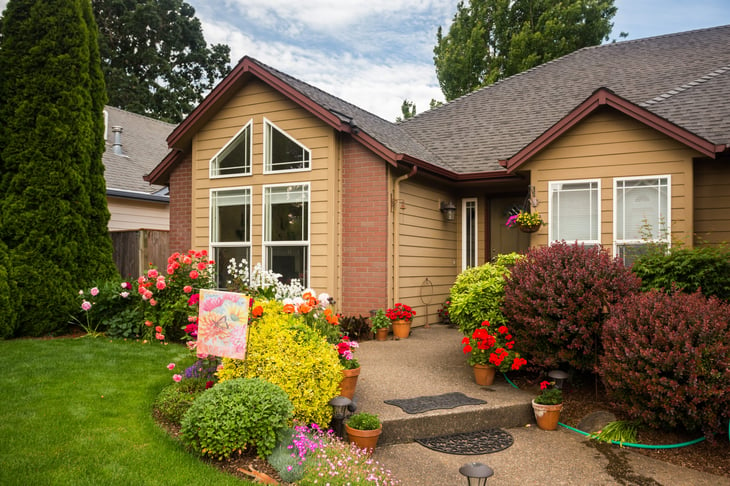
- More spacious: A single-family home generally has a larger indoor footprint than a condo. Additionally, you’ll have access to any outdoor space your home enjoys, allowing more room for an expanding family.
- Fewer restrictions: As a house owner, you’re more or less free to do with it what you will, especially if you’re not part of an HOA. You can decorate the exterior walls however you like or add solar panels to your roof without worrying about HOA rules.
- A more private home: Since a typical house doesn’t share any walls with neighbors, you tend to have far more privacy than in a condo.
Disadvantages of a Single-Family Home
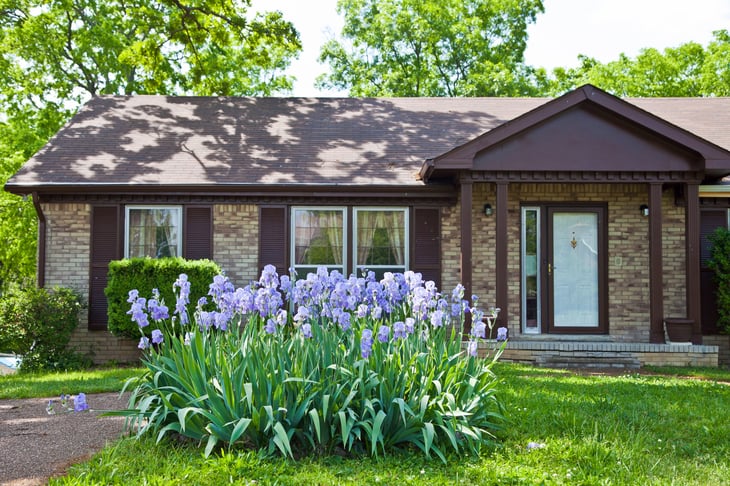
- Higher costs: In most markets, a single-family home will cost more than a condo of comparable size. Plus, you need to factor in insurance and maintenance costs, which also tend to be higher.
- More maintenance: In a condo, the HOA takes care of all the exterior maintenance and repairs. However, as a house owner, you’re essentially going it alone. You are responsible for carrying out yard work, shoveling snow, and taking care of exterior repairs and maintenance tasks.
- Fewer shared amenities: While condos often share spaces to socialize, exercise and relax, this isn’t often the case with single-family homes unless they’re in a gated community.
What to Know About Condos
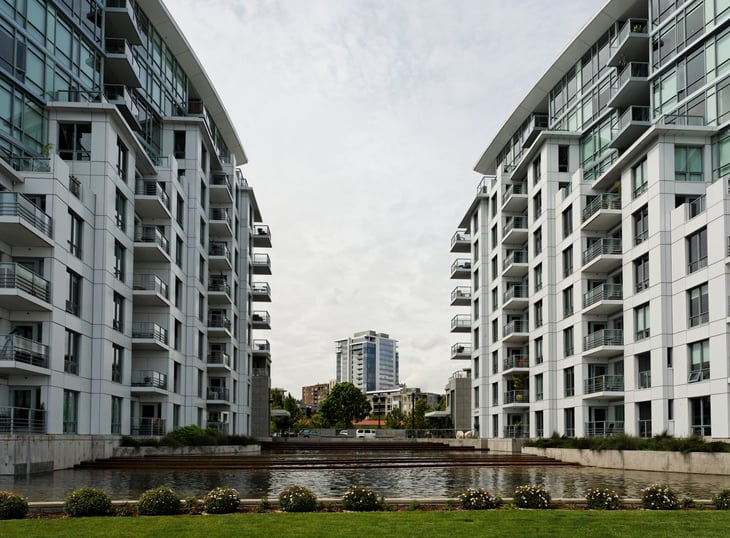
A condo can be a fantastic choice for a first-time homeowner as it offers a smoother transition from renting to buying a house. In a condo, your unit will typically sit alongside several other units in one large building, with shared walls, floors and ceilings.
It’ll be part of an HOA or Condo Association, and they’ll be responsible for maintaining all exterior parts of the building and any shared spaces. When you buy a condo, you own the interior of your unit and are responsible for everything within your four walls. This results in much more affordable insurance costs, but you will have to pay HOA fees.
Condos can also be a superb choice for those looking to downsize and escape the rigors of yard work and maintenance!
Advantages of a Condo
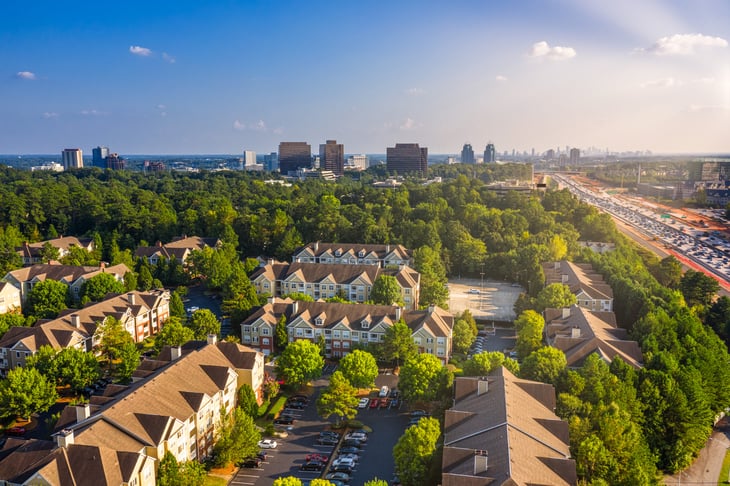
- Generally cheaper: The cost of buying a condo is lower in most markets. Even with condo fees, the lower home insurance premiums and lack of exterior maintenance costs keep it cheaper in the long run, too. Plus, with a central location, you may not need to worry about the costs of running a car either.
- Fewer responsibilities: With a condo, you’re only responsible for what goes on within your four walls. Otherwise, the HOA will take care of repairs, maintenance and services like snow shoveling.
- More likely to be in a central location: You’ll typically have easier access to entertainment venues, public transport and workplaces compared with most single-family homes, which tend to be in the suburbs.
Disadvantages of a Condo
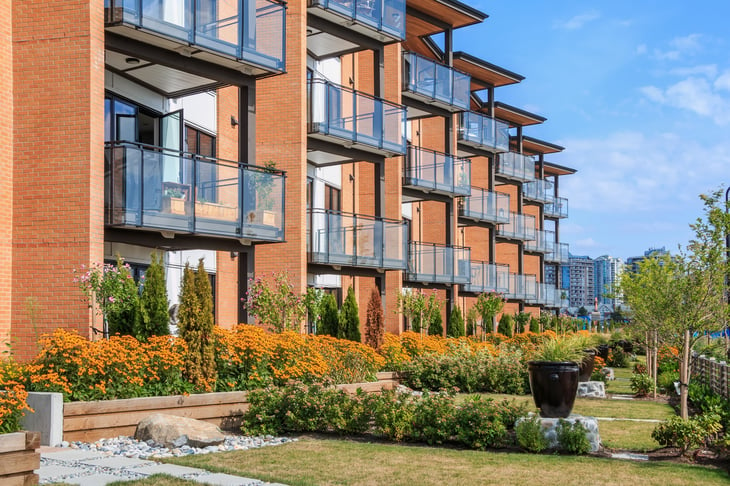
- It’s not as private: Your unit is one of many within the same building, with shared walls leading to potential noise issues.
- Condo fees and restrictions: You’ll need to pay monthly or annual fees. Plus, you have no say over the exterior decoration, and some HOAs impose strict rules about what you can do inside your unit, such as pet policies.
- Less space: Condos are generally smaller than single-family homes and don’t usually have private outdoor space.





Add a Comment
Our Policy: We welcome relevant and respectful comments in order to foster healthy and informative discussions. All other comments may be removed. Comments with links are automatically held for moderation.